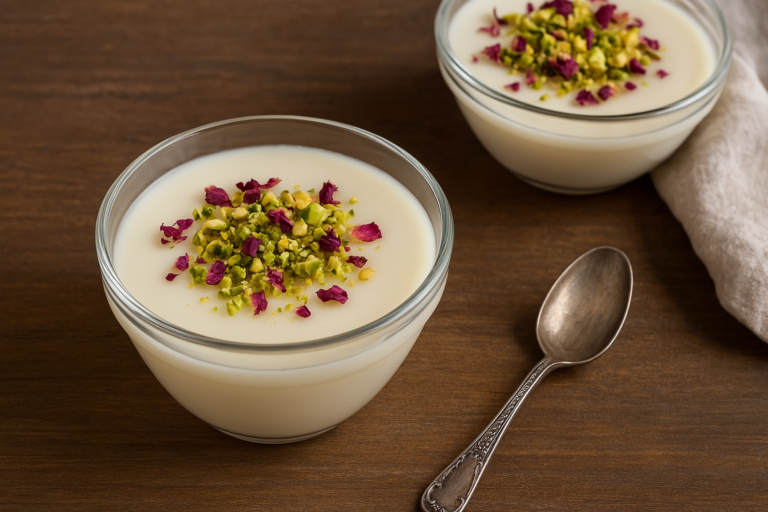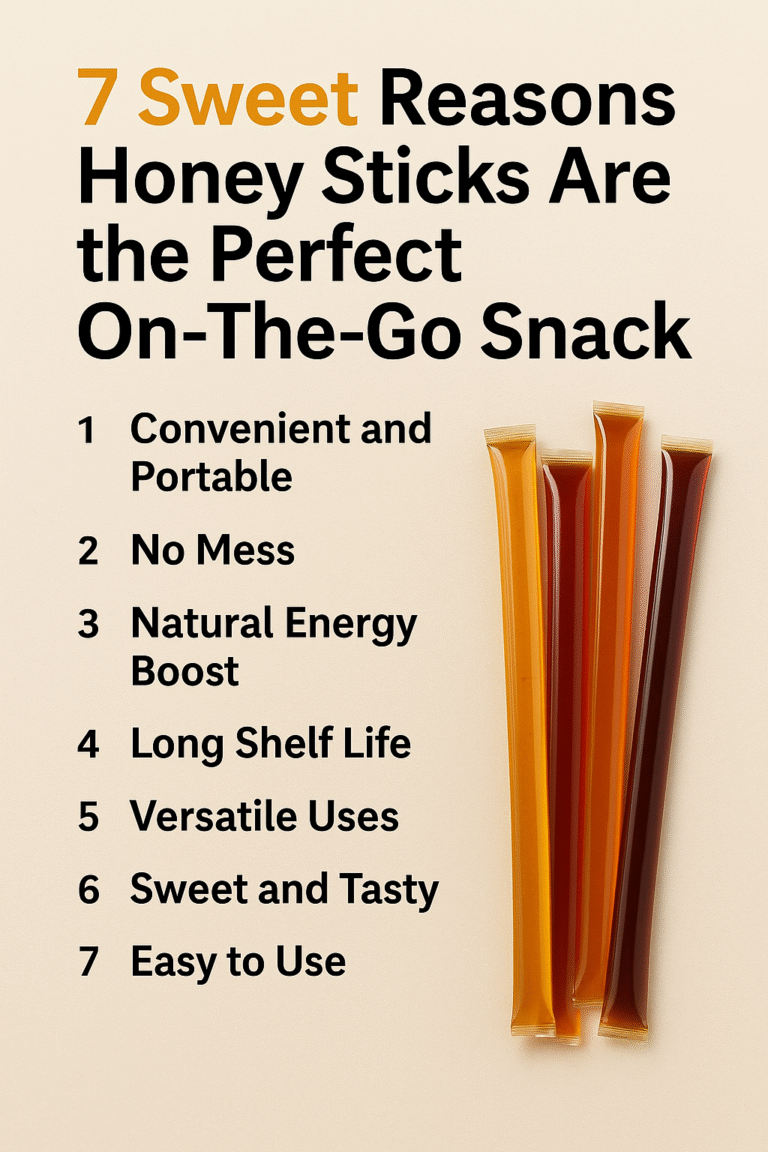you’re chilling in a sunny Italian piazza, and a friend turns to you with a smile, saying ehi vuoi da bere? It’s just a casual offer for a drink, but it captures the heart of Italian warmth and socializing. This little phrase opens doors to conversations, laughs, and good times. In this article, we’ll break it down, see how it fits into daily life, and even share tips on using it yourself. Whether you’re planning a trip to Italy or just curious about their laid-back vibe, get ready to sip on some cultural insights. By the end, you might feel like raising a glass yourself!
Introduction
When you hear ehi vuoi da bere, it might sound like everyday chatter, but in Italy, it’s more than words. It’s an invitation to connect, share a moment, and enjoy life’s simple pleasures. Italians love gathering, and offering a drink is their way of saying welcome. This phrase pops up everywhere, from cozy homes to bustling bars, making folks feel at ease. It’s rooted in a culture that values friendship and hospitality above all.
In contemporary Italian society, the act of offering a drink serves as a bridge between diverse individuals, fostering an atmosphere of inclusivity and warmth. This gesture signifies more than just a casual invitation; it encapsulates a philosophy of connection that is deeply ingrained in Italian culture. The phrase invites individuals to pause, engage in conversation, and build relationships over a shared experience, reinforcing community bonds. As urban environments grow and lifestyles become increasingly fast-paced, the tradition of gathering for drinks remains a steadfast reminder of the importance of slowing down and cherishing interpersonal connections. Ultimately, the exploration of ehi vuoi da bere highlights the enduring significance of hospitality, encouraging individuals to embrace the joy found in shared moments.
Explanation of the Phrase Ehi Vuoi da Bere
This Italian saying breaks down easily. Ehi is like hey to grab attention. Vuoi means do you want, and da bere translates to to drink or something to drink. Put together, it’s hey, do you want something to drink? Simple, right? But it’s casual and friendly, used among pals or in relaxed spots. It’s not formal; that’s for strangers or fancy events. In everyday talk, it sparks quick chats. For example, at a gathering, saying this offers water, wine, or coffee without fuss. It’s inviting without pressure.
Importance of the Phrase in Italian Culture
In Italy, hospitality is king, and this phrase shows it off. Offering a drink isn’t just polite; it’s a sign of care and community. It reflects their love for shared moments, like aperitivo hours where folks unwind together. This builds trust and fun vibes. Without such gestures, social life would feel cold. In 2025, as aperitivo goes global, the phrase highlights Italy’s charm. It’s key for making guests feel at home.
Purpose of the Outline
Wait, since this is an article, maybe skip this or repurpose. But to follow, the purpose is to unpack the phrase, share real examples, and inspire you to try it. We’ll cover culture, language, and tips, aiming for fun learning. By understanding this, you’ll appreciate Italian ways better.
Cultural Context of Offering Drinks in Italy
Italy’s social scene thrives on warmth, and offering drinks is central. It’s about creating comfy spaces for talks and laughs. From north to south, this custom varies but always promotes togetherness. In 2025, with trends like low-alcohol mixes rising, it’s evolving yet timeless. Think piazzas turning into hangouts with spritzes flowing. This context shows how a simple offer strengthens ties. It’s tied to la dolce vita, enjoying life slowly. Recent campaigns, like Aperol’s summer push, boost this globally. So, ehi vuoi da bere isn’t random; it’s cultural glue.

Friends enjoying an aperitivo spread
Italian Hospitality and Social Norms
Italians greet guests with open arms, often starting with a drink offer. It’s a norm to make people feel valued. Food and beverages come hand in hand, showing generosity. This builds quick rapport in homes or events.
Common Settings for Using Ehi Vuoi da Bere
You’ll hear it at home parties, cafes, or bars. In family gatherings, it’s for coffee or wine. Bars use it to welcome patrons, sparking chats.
Connection to Italian Lifestyle
This phrase links to relaxed living, emphasizing enjoyment over rush. Drinks punctuate days, from morning espresso to evening aperitifs. It’s about balance and joy.
Linguistic Breakdown of the Phrase
Let’s pick apart ehi vuoi da bere. It’s straightforward Italian, perfect for beginners. The casual tone sets it apart from stiff language. Variations add flavor across regions. Understanding this helps grasp how Italians communicate warmly.
Translation and Tone
Directly, it’s hey, do you want something to drink? The tone is buddy-like, not bossy. Ehi adds informality, like calling a friend.
Grammatical Structure
Uses the present tense vuoi for want. Da bere means to drink. Simple setup makes it easy to say.
Variations of the Phrase
Formal version: Desidera qualcosa da bere? Regional twists like Ti va un bicchiere? keep it fresh.
Types of Drinks in Italian Social Settings
Drinks vary, but favorites shine in gatherings. In 2025, spritzes and low-ABV options rule. From bubbly to hot, choices suit moods.

A classic Italian espresso
Traditional Italian Beverages
Wine, Aperol Spritz, Prosecco top lists. Espresso kicks starts chats. These classics bond people.
Non-Alcoholic Options
Water, juices, sodas for all. Popular in wellness trends.
Seasonal and Regional Specialties
Summer spritzes, winter vin brulé. The South loves limoncello.
Conclusion
Wrapping up, ehi vuoi da bere is Italy’s warm hug in words. It’s simple yet powerful for connections. Try it next time you’re hosting!
Recap of the Phrase’s Significance
It’s about hospitality and joy, more than drinks.
Encouragement to Use the Phrase
Give it a go – offer a drink and see smiles.
Final Thoughts
Small phrases like this make life sweeter. Cheers to Italian charm!







